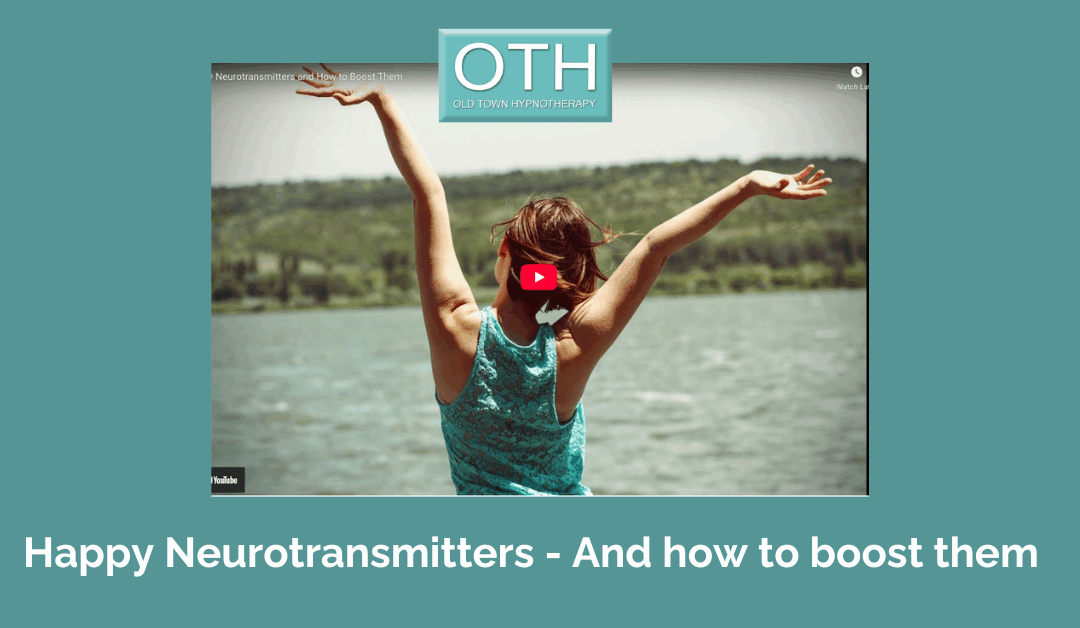Author & Video – Maddy Boardman
Image by Free-Photos from Pixabay
At Old Town Hypnotherapy we often talk about the 3p’s; positive interaction, positive activity and positive thinking. We explain how these 3 ‘pillars’ of mental health generate happy feelings within us. These happy feelings are created by healthy chemicals in our brains called neurotransmitters, that enable us to cope well with life, hence ‘happy neurotransmitters’.
What are these happy neurotransmitters? What do they do? Can we boost our levels of them to feel happier and how do we know if we have enough? Happy neurotransmitters are chemicals and their role is to act as messengers in our brains, taking a message from one neuron (a nerve cell that carries information though our nervous system) to the next neuron by travelling through the gap, the synapse, in the middle. They play a vital role in how happy we feel.
We have over 40 of these neurotransmitters, in our brains. We will focus on just two happy neurotransmitters, arguably the two most influential on our mental health. Serotonin, the mood stabiliser and dopamine, the feel-good chemical.
No 1 of the Happy Neurotransmitters:
Serotonin – The mood stabiliser
If we had to rate the neurotrasmitters in terms of happiness, serotonin would probably take first place. A nice steady flow of serotonin helps us maintain a positive outlook on life. It regulates our mood. An imbalance in Serotonin is one of the most common contributors to mood problems. You may already know that medications that alter the flow of serotonin are the first line drug treatments for both anxiety and depression. Many doctors will prescribe a selective serotonin reuptake inhibitor (SSRI) to treat these conditions. SSRI’s are the most commonly prescribed type of antidepressant.
Symptoms of low serotonin include an unstable mood, worry and anxiety, trouble sleeping, being self-critical and having low confidence, craving sweet or salty foods or alcohol (especially later in the day) and obsessively thinking.
So, what can we do to boost our levels naturally? Luckily there are lots of ways – the number one is exercise. If we go back to the 3 p’s we can see physical activity, this encompasses a wide range of behaviours, but exercise is top of that list. Exercise has been proven to outperform any prescription drug that aims to boost serotonin, over the long term. So do whatever exercise you enjoy, and enjoying it is key to getting the most benefits from it. Whether you enjoy pounding it at the gym, running a marathon or going for a gentle walk or gardening, whatever it is, prioritise it. Exercise should be a bit like brushing our teeth, just something that we do.
A healthy diet also helps serotonin levels stay healthy. Foods high in an enzyme called tryptophan have been shown to increase serotonin production. These include foods such as green tea, dark chocolate, turmeric, eggs and salmon.
Meditation and self-hypnosis also help. There are lots of excellent meditation apps available and we have a completely free self-hypnosis relaxation audio on our website. Maintaining a sleep routine and getting outside and getting sunlight also helps.
No 2 of the Happy Neurotransmitter:
Dopamine – The feel-good factor
Dopamine is the “feel-good” neurotransmitter that is an important part of your brain’s reward and motivation system. Dopamine is associated with pleasurable sensations, It’s a big part of our unique ability to think, focus and plan. Perhaps you’ve set a goal that excites you, dopamine makes you feel fired up and enthusiastic in anticipation of achieving the goal. Then when you achieve your goal, you feel a surge of pleasure. Dopamine is a short, sharp boost to happiness, rather than the steady flow of serotonin.
Unfortunately, dopamine can get tied up with some not so healthy habits such as drug misuse or addictions. Drugs such as cocaine can cause a large, fast increase of dopamine in your brain. That satisfies your natural reward system in a really big way. But repeated drug use also raises the threshold for this unnatural level of dopamine, while simultaneously reducing your bodies ability to produce dopamine naturally. This means when you stop taking the drug your mood crashed, creating a cycle of addiction.
Low levels of dopamine are linked to reduced motivation and decreased enthusiasm for things that would excite most people. Symptoms such as persistent tiredness, constipation, poor moods and disturbed sleep can be a result of low dopamine.
So how can we boost our levels? Like with serotonin, lifestyle choices are important. Getting enough sleep, a healthy diet, routinely exercising, listening to music, meditating or self-hypnosis and spending time in the sun can all boost dopamine levels. Break a task down into smaller chunks is a good strategy. Every time you achieve one of the chunks you get a hit of dopamine. Recognising when we have achieved something and doing something to mark it, celebrate!
In clinic we also discuss endorphins. Most people know these are linked to exercise and are our natural painkillers and we also discuss oxytocin, the love chemical, that we get when we touch or cuddle (pets included) and when we trust and form attachments. Both these neurotranmitters play important roles in maintaining happiness t0o.
The science on understanding the exact roles of the happy neurotransmitters, serotonin and dopamine within our bodies is still developing. What we know is that the body is always striving for homeostasis, a state of balance and is excellent at regulating itself. But if you are showing signs of stress, if your stress buckets is a bit full, you could do some exercise today, or get outside in nature for some fresh air, finish a task to tick off your to do list, or cuddle your partner or pet, do it knowing you are boosting your happiness and helping you brain to cope.

Other blogs you may be interested in

Bottling up Emotions: Why We Bottle Things Up – And How Solution Focused Hypnotherapy Can Help You Let Go.
Many of us bottle things up to avoid conflict or protect others—but over time, this emotional suppression can harm our mental health. Discover how Solution Focused Hypnotherapy helps you let go of what’s weighing you down.
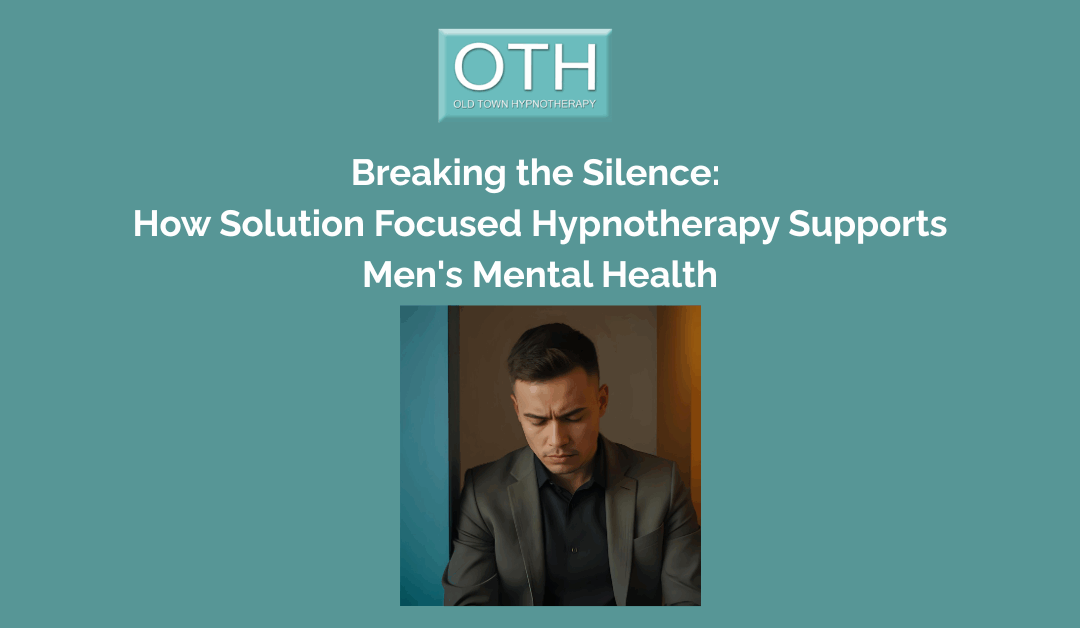
Breaking the Silence: How Solution Focused Hypnotherapy for Men Supports Men’s Mental Health
Discover how Solution Focused Hypnotherapy for Men effectively enhances men’s mental health by offering practical, stigma-free, and goal-oriented therapy that produces genuine results.
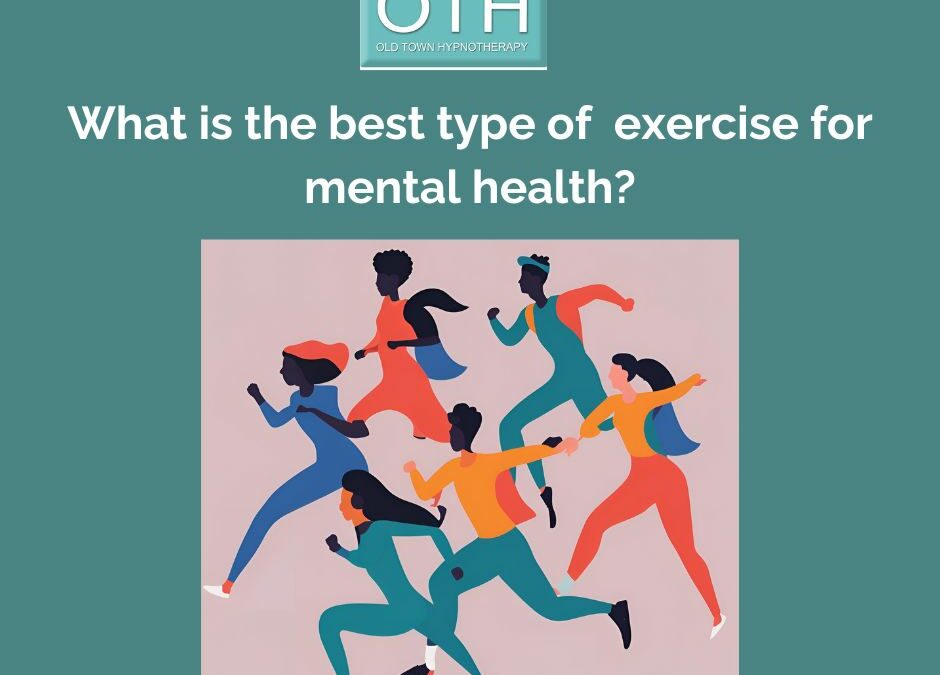
What is The Best Type of Exercise for Mental Health?
What is the Best Form of Exercise for Mental Health? We all know exercise is important for its physical benefits, in clinic we regularly discuss the significant impact exercise has on mental health too. Regular and enjoyable physical activity creates a powerful...
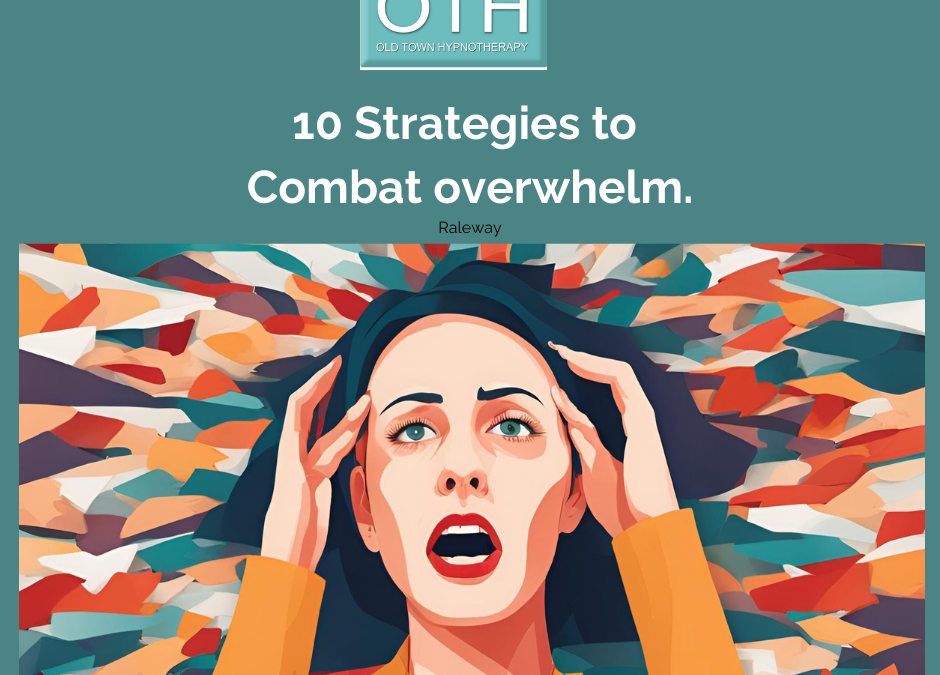
10 Strategies to Combat Overwhelm
10 Strategies to combat feelings of overwhelm As we enter the final few days before Christmas and the to do list grows, how do we recognise, and combat, feelings of overwhelm? What do we mean by Overwhelm? Overwhelm is a state of feeling emotionally or mentally...

12 Strategies and Tips to Combat Loneliness
12 Strategies and Tips to Combat Loneliness Loneliness is a feeling of isolation and disconnection that can affect people of all ages and backgrounds. It’s a universal human experience that, when prolonged, can lead to mental and physical health issues. Especially in...

6 Friendship Differences Between Men and Women
6 Friendships Differences Between Men and Women I think we can probably all agree that friendships play an essential role in our lives, Research suggests that people with more friends, or at least strong social connections, tend to live longer....

Sunlight and Mental Health
The importance of sunlight for a healthy mind.

Understanding Anxiety
Understanding the biological, psychological and environmental reasons that lead to anxiety disorders.
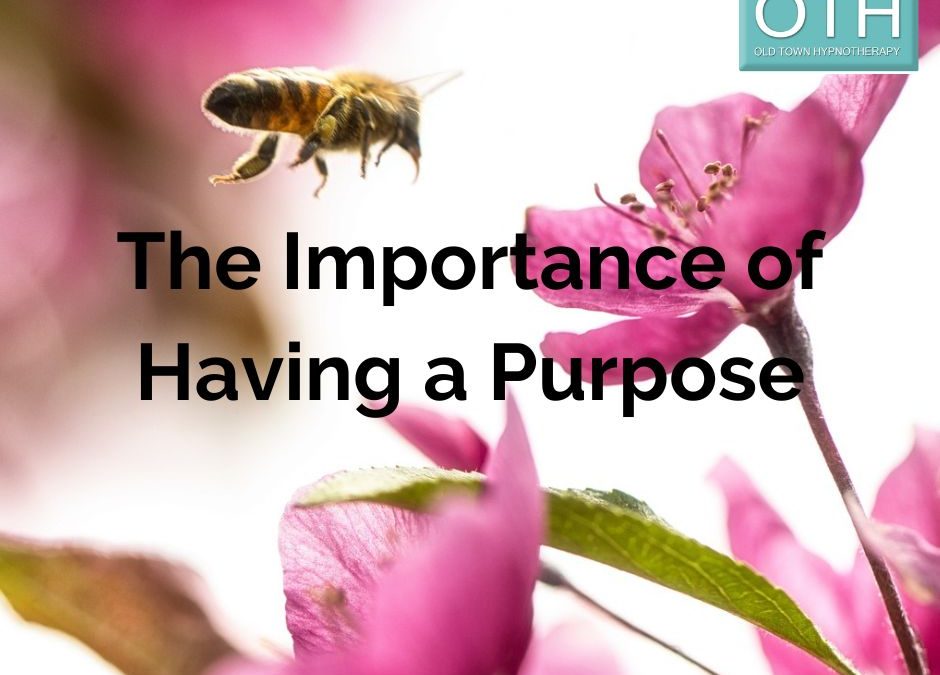
We may have heard that having a purpose in life is important. But what actually is a purpose? Why is having one important and how do we find one?
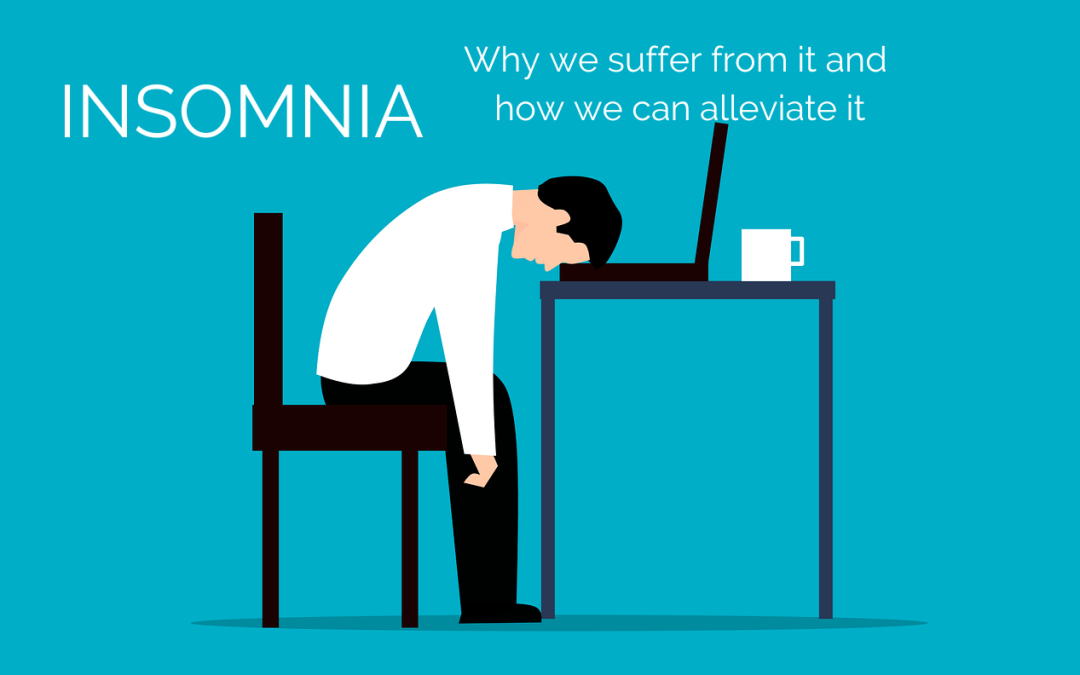
Insomnia – why we suffer from it and 6 ways to alleviate it.
Most of us have suffered from Insomnia at some point in our lives. Sleep is the foundation of our mental and physical wellbeing, we simply don’t function well without regular, healthy sleep. Understanding why we suffer from sleep disruption can help us to avoid it.
Disclaimer | Privacy Policy | Terms and Conditions
Copyright © OLD TOWN HYPNOTHERAPY 2016 All Rights Reserved

